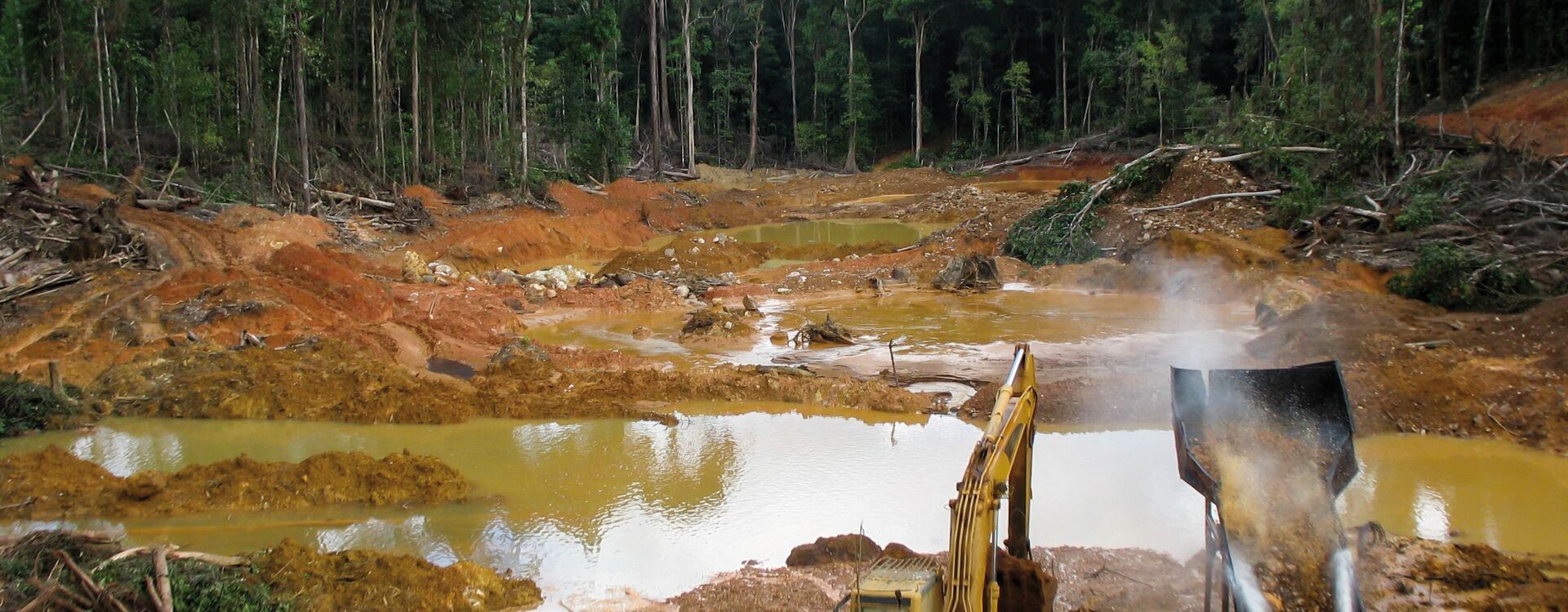Resource Justice

Whether in cars, smartphones, or fridges - metallic raw materials are our daily companions and important building blocks of our current economic system. The demand for many raw materials such as copper, nickel, and aluminum is increasing. However, local communities in mining areas usually do not benefit from the raw materials wealth in their region. In fact, the extraction of raw materials is often linked to serious human rights violations and environmental destruction: child labor, displacement of local inhabitants and use of violence against activists, soil and water pollution and the destruction of habitats are commonplace. Finally, and crucially, energy-intensive metal production is a key driver of the climate crisis. Global value chains are complex and non-transparent. Corporations profit from poor working conditions and low ecological standards, and from not taking their responsibilities and due diligence obligations seriously.
Germany consumes a particularly large amount of raw materials as a proportion of total global consumption. If every country in the world consumed the same amount of raw materials as Germany, it would take three Earths to meet the demand. At the same time, Germany imports around 99% of its metallic raw materials from abroad, externalizing the destructive effects of mining to other regions in the world.
Our current consumption of raw materials is not sustainable - we urgently need a raw materials transition! WEED therefore advocates for a policy that aims to reduce the destructive consumption of raw materials to a globally just and ecologically sustainable level. We also advocate for strengthening human rights and environmental protection in the mining sector. In addition, trade and investment policy instruments must be designed in such a way that countries of the Global South can free themselves from their role as cheap suppliers of raw materials and are able to diversify their own economies.
Our Demands
- Reducing our consumption of raw materials to a level that is globally just and ecologically compatible with the planetary boundaries
- Strenghtening the circular economy, i.e., through a “right to repair”
- Implementing and enforcing legally binding human rights and environmental due diligence obligations for corporations along global value chains
- Making the protection of human rights and the environment legally binding in trade policy and foreign trade promotion
- Saying no to deep sea mining and other high-risk technologies


